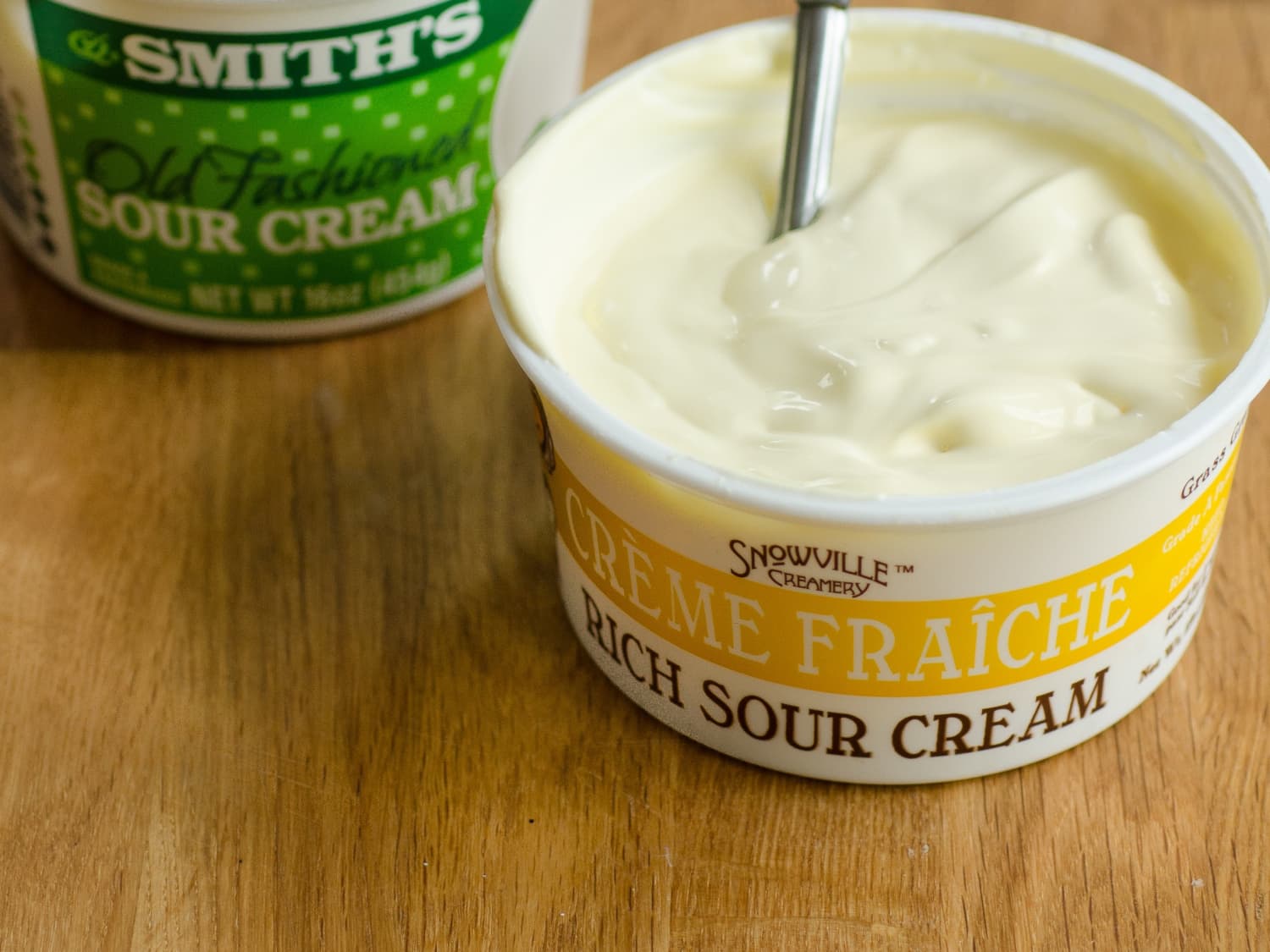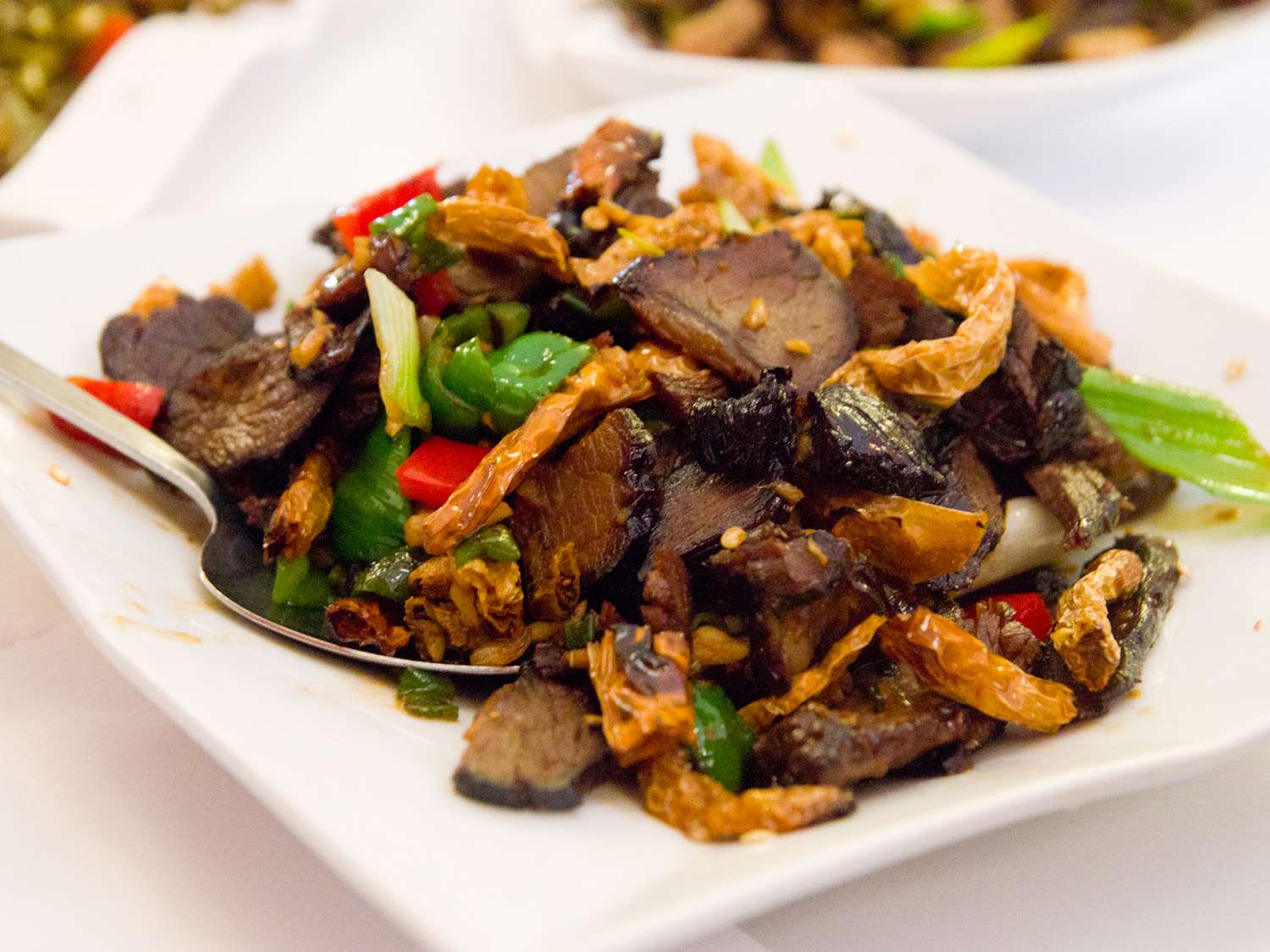Discovering the Many Names of Zucchini
When it comes to zucchini, you might be surprised to learn that this popular summer squash goes by many different names around the world. Whether you call it zucchini, courgette, or something else entirely, this versatile vegetable is a staple in many cuisines and is loved for its mild flavor and tender texture.
Common Names for Zucchini
Zucchini is known by various names in different parts of the world. Here are some of the most common alternative names for zucchini:
- Courgette: In French-speaking countries and in the United Kingdom, zucchini is referred to as courgette. This name is widely used in European cooking and culinary traditions.
- Zucchina: The singular form of zucchini in Italian is zucchina. In Italy, this vegetable is a key ingredient in dishes like pasta primavera and minestrone soup.
- Squash: While the term “squash” is often used to refer to a variety of gourd vegetables, zucchini is technically a type of squash. In some regions, it may be simply called “squash.”
- Cocozelle: This name is used for a specific variety of zucchini that has distinctive green stripes. It is popular in Italian cuisine and is often used in dishes where its visual appeal can shine.
Regional Variations
Aside from its official names, zucchini is known by a variety of regional and local names around the world. In some cases, these names reflect the specific dialects and cultural influences of different regions. For example:
- Calabacín: In Spanish-speaking countries, zucchini is known as calabacín. This name is commonly used in Spain and Latin American countries.
- Kabak: In Turkish cuisine, zucchini is referred to as kabak. It is a popular ingredient in Turkish dishes such as mücver, a type of zucchini fritter.
- Koosa: In Middle Eastern and North African cuisines, zucchini is known as koosa or kousa. It is a key ingredient in dishes like stuffed zucchini and various stews.
Conclusion
Regardless of what you call it, zucchini is a versatile and delicious vegetable that can be enjoyed in a wide range of dishes. Whether you prefer to use the term zucchini, courgette, or any other name, the culinary possibilities with this beloved squash are endless. So, the next time you’re at the market, keep an eye out for this green gem, no matter what it’s called in your neck of the woods!
Was this page helpful?
Read Next: What Is Mongolian Chicken?











